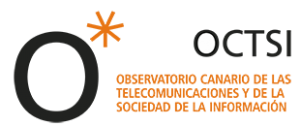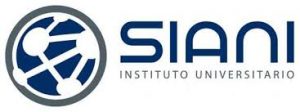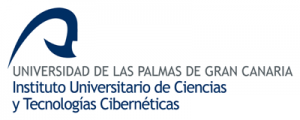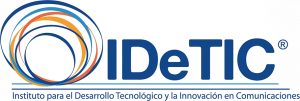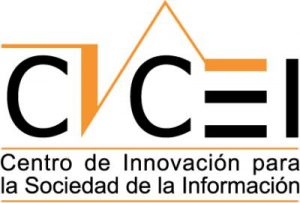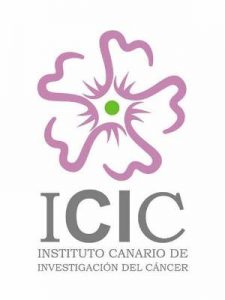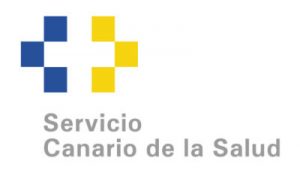Actors
The ISOPlexis Germplasm Bank is a research unit of the University of Madeira to develop fundamental and / or applied studies in the area of Genetic Resources and Biotechnology, dedicated to the study of agrodiversity, genetic resources and agrosystems.
CQM’s main goal is to make the world better by solving problems through scientific research in three main areas: health and wellness, agro-food quality and sea technologies and resources.
Human Computer Interaction UX and Service design IoT Health – neurorehabilitation Small sensors: tracking and medical devices Energy – Household efficiency and smart management Social and Civic Media Applied science and human-centred technology Wireless networks Virtual and Augmented Reality Digital Media Serious Gaming Multimedia Storytelling Art and Design Green power generation Ubiquitous computing.
MARE is a centre for research, technological development and innovation, with an integrative and holistic approach, concentrating a wide diversity of expertise, skills, and capabilities, with a nationwide territorial implementation, that develops its activities oriented to societal challenges, in close partnership with national and international research centres.
R&D, innovation, cooperation and communication of information, new tecnologies and solutions in the domains of energy efficiency, natural resources and environment management.
The Canary Observatory of Telecommunications and the Information Society created by the Government of the Canary Islands in 2005 is the instrument for monitoring, analyzing and disseminating the situation of the new information and communications technologies sector, of the audiovisual sector and of the information society in the Canary Islands.
The Institute is created from the conjunction of two General Research Services: Centre for Numerical Applications in Engineering (CEANI) and the Centre for Technology of Systems and Artificial Intelligence (CETSIA). These centres have developed an intense labor that has enabled the compilation of important resources in the ULPGC and allowed a high level maintenance of researching activity that is directly connected with society. Since the institute creation in 2001, it has been largely reinforced due to General Directorate of Universities of the Canary Islands actions, resulting in a significant growth in the contracts’ retribution, as well as the actions’ quality….
IUMA started its activities back in the late 1980 by coordinated synergies of a qualified group of researchers and experts from the University of Las Palmas de Gran Canaria (ULPGC). Within the field of research, IUMA has a strong presence in diverse initiatives. Some of our members participate in the Steering Committee of international conferences or have been chairing some of them (DATE, ICECS, ISQUED, PATMOS, Euromicro, SPIE, DCIS…) while others are part of the Editorial Board of International journals. IUMA members have published more than 300 papers in well-known journals and conferences. In the development field, IUMA owns state-of-the-art…
The University Institute of Cybernetic Sciences and Technologies is created as a transformation of the current International Center for Research in Computer Science (CIICC) and is constituted as such a University Institute, at the University of Las Palmas de Gran Canaria, with interdisciplinary character and international vocation , with emphasis on basic and applied research in computer and computer science and technology, systems theory, cognitive sciences, artificial perception, computational biomedicine, computational neuroscience, computational economics, information technologies and robotics.
The IDeTIC is a University Research Institute belonging to the University of Las Palmas de Gran Canaria (ULPGC). IDeTIC it is composed of the following Research Divisions: Division of Photonics Technology and Communications (DTFC), Division of Communications Engineering (DIC), Division of Thermal Engineering and Instrumentation (DITI), Division of Digital Signal Processing (DPDS) , Division of Emerging Technologies Applied to Language and Literature (DTeLL), Division of Networks and Telematic Services (DRyST) and Division of Organizations, People and Knowledge (DOPC). We are dedicated to Research in different fields of technology. Some of our activities are: develop and collaborate in national, international and…
R + D + i Center of the University of Las Palmas de Gran Canaria, integrated into the University Institute of Cybernetic Sciences and Tenologies as a division. The general objective is to collaborate, in an active and practical way, in the design and implementation of a sustainable model for the Information Society, based on the appropriate and intensive use of Information Technology in the fields of: training and learning (e-Learning), the company (e-Business), and the Administration (e-Government).
The Canary Institute for Cancer Research (ICIC) started in 2000 as an Association of Canary researchers aware of the problems of cancer in the Canaries who deciced to get organised at a regional level to address the challenge of researching into the causes of cancer. ICIC was constituted as a non-profit, permanent, scientific corporation, formed by researchers on basic and clinical research of cancer (doctors, biologists, pharmacists, psychologists, sociologists, etc.), with professional activities in their respective fields in the Canaries Autonomy, under the legal regime of Law of Associations. It is a multidisciplinary institute since its comprises seven professional fields…
The CANARY FOUNDATION OF HEALTH RESEARCH (FUNCANIS) it is a Canarian foundation of general interest, without any lucrative end, with its own legal personality. Its purpose is to promote and support research in the field of health sciences to contribute to the prevention of disease, to the promotion and protection of health, to the treatment and rehabilitation of the disease and to raise the level of knowledge about the health of the population, as well as manage the investigation of the Canary Health Service that is entrusted to it by this body. All this within the framework of the policies…
The Materno Infantil Hospital has a history of more than 30 years. It began its activity in 1982, most of the professionals of the health center came from the former Hospital Nuestra Señora del Pino. Today, the Materno Infantil Insular Hospital Complex is the largest health center in the Canary Islands. In addition, it is distinguished as a Hospital with a long teaching and research tradition. With 4,852 professionals and with advanced technology, it is a reference for the entire Canary Islands in the treatment of Hearing Loss, in the assistance to patients with Spinal Injuries, in the treatment of…
Multidisciplinary groups of several Services of the University Hospital of Gran Canaria Dr. Negrín, in collaboration with other health centers and Canarian, national and international academic centers, develop the following Research Lines: allergy; genetic basis of systemic infections; cancer; connective tissue diseases; neurodegenerative diseases; hypertension and cardiovascular diseases; antibiotic resistant infections; and respiratory infections.







